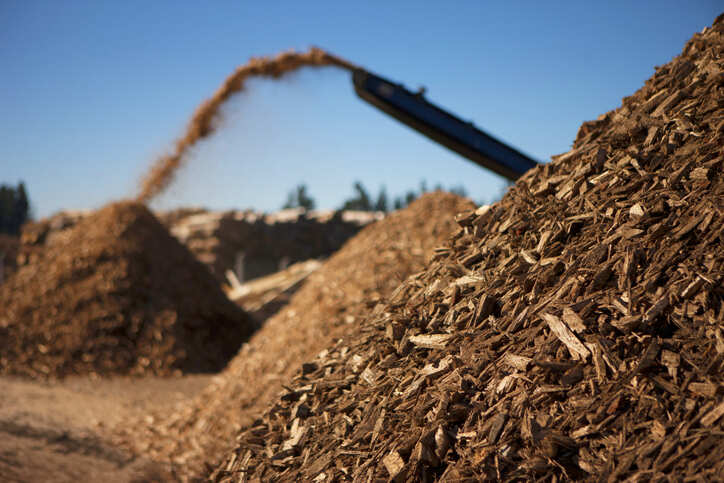Context
-
In order to address the issue of air pollution due to farm stubble burning and to reduce carbon footprints of thermal power generation, Ministry of Power has decided to set up a National Mission on use of Biomass in coal based thermal power plants. This would further support the energy transition in the country and our targets to move towards cleaner energy sources.
Key Features of National Mission on use of biomass
- The duration of proposed National Mission would be a minimum 5 years.
- The proposed National Mission on biomass will also contribute to the National Clean Air Programme(NCAP).
- The procedure to implement the Mission is under finalization process.
Source: Economic Times - NTPC will play a larger role in providing logistics and infrastructure support in the proposed National Mission.
Objectives of National Mission on use of biomass
- The “National Mission on use of biomass in thermal power plants” will have the following objectives;
- To increase the level of co-firing from present 5% to higher levels to have a larger share of carbon neutral power generation from the thermal power plants.
- To take up R&D activity in boiler design to handle the higher amount of silica, alkalis in the biomass pellets.
- To facilitate overcoming the constraints in supply chain of bio mass pellets and agro- residue and its transport upto to the power plants.
- To consider regulatory issues in biomass co-firing.
Back to Basics
Biomass
- Biomass is a renewable organic material that comes from plants and animals.
- It can be used as an energy source.
- The most common biomass materials used for energy are plants, wood, and waste.
- It is an integral part of Earth’s carbon cycle.
Biofuel
- Biomass is the only renewable energy source that can be converted into liquid biofuels such as ethanol and biodiesel.
- Biofuel is used to power vehicles and is being produced by gasification in countries such as Sweden, Austria, and the United States.
- Biofuels do not operate as efficiently as gasoline. However, they can be blended with gasoline to efficiently power vehicles and machinery, and do not release the emissions associated with fossil fuels.
Biochar
- It is produced during pyrolysis (heating of biomass to 200° to 300° C without oxygen).
- It is valuable in agricultural and environmental use.
- Biochar also helps enrich the soil. It is porous.
- When added back to the soil, biochar absorbs and retains water and nutrients.
Biomass Cofiring
- It refers to the concurrent blending and combustion of biomass materials with other fuels such as natural gas and coal within a boiler, which reduce the use of fossil fuels for energy generation and emissions without significantly increasing costs and infrastructure investments.
Environment Current Affairs : Click Here


